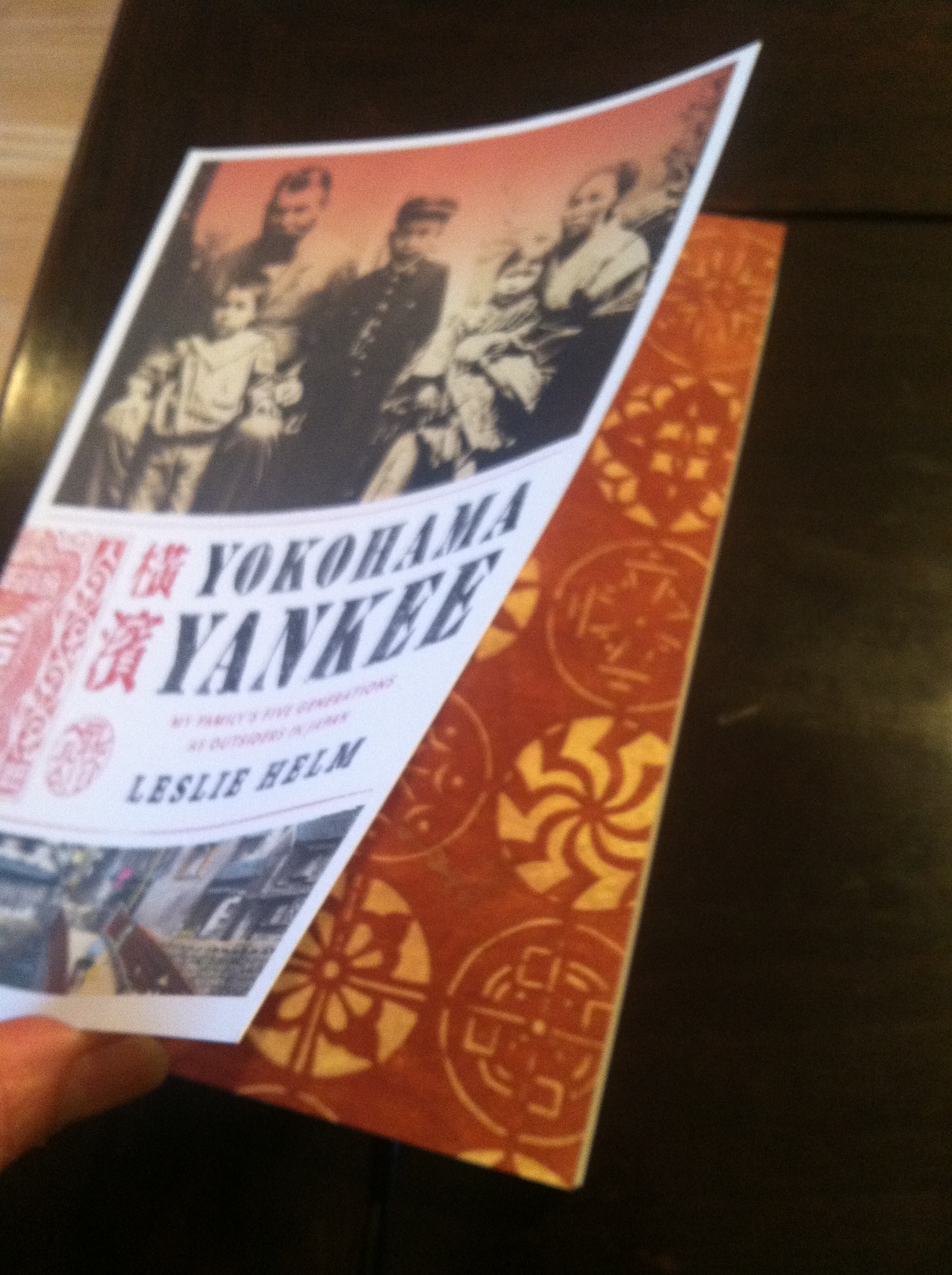It was with great sadness that I read Maggie Jones’s cover story in the New York Times Sunday Magazine Why a Generation of Adoptees is Returning to South Korea. The story describes how hundreds of South Korean children adopted by American families have returned to South Korea in search of their roots. As an adoptive parent, it always pains me that no matter how much love we give our children there is always that strong desire among our adopted children to reconnect with their biological parents. Over the years, it’s something I’ve come to understand and accept. And although I know it would be difficult for my two adopted children to find their biological parents given Japan’s adoption system today, I would fully support them should they choose to take that journey.
I understand the sense of alienation expressed by many of the adopted children in the story. My children experienced many of those same feelings. Although I am one quarter Japanese, I look white. My wife is also white. So every time someone saw us as a family, there are always questions–people are always trying to figure out how we are related.
This was very difficult for the children when they were growing up. When we took our children back to Japan for four months and put them in Japanese schools, they loved the experience. Today, however, while the children feel close to Japan, they see themselves as American. They have been to Japan enough times to know that they are culturally very different from the Japanese even though they may be ethnically Japanese and have a pretty good understanding of Japanese language and culture.
What I find the most sad about the adoptees quoted in the article was the feeling among some of them that all international adoption is bad and that it should be shut down. Few people doubt that children should be adopted first in families from the same country. But if that is not an option, and that is the case in many countries, it seems unfortunate to cut off the option of international adoption. In the case of Japan, for example, there is still a stigma attached to adoption and so there are very few parents interested in adoption. There is a widespread feeling among many Japanese that adopted children are of a lower class and therefore not as smart. In many cases, children would be raised in an orphanage if outside families hadn’t chosen to adopt them. In the case of my daughter, she was 3 years old when we adopted her. She was very strong willed. While that is a characteristic we like in Japan, it was an attitude the adoption authorities in Japan believed would make it difficult for her to fit into a Japanese family.
My book, Yokohama Yankee, touches on many of these adoption issues. I talk about my own initial difficulty in embracing the idea of interracial adoption coming from a family that has long denied its mixed heritage. I write about the challenges my children have had, but also their successes. Later this year, my book will be translated in Japanese. My hope is that Japanese couples who read about my experience will recognize what a joy it can be to adopt and choose to adopt themselves. It takes courage because families who adopt often find themselves shunned by relatives.
Of course the ideal thing is for children to be adopted by parents in their own culture. But until a society is ready to embrace those children, international adoption is the best chance that children in orphanages have to be raised with all the love that parents can give. As excellent as the orphanages in Japan are, there is only one adult for every 10-15 children so there is no way staff in an orphanage can provide the love and attention that parents can. If some children are put up for international adoption and some portion of them experience some sense of alienation, that is unfortunate. But it’s hard to argue that those children would be better off in orphanages.
Some of the adoptees say countries like South Korea should do more to make sure that children who are abandoned or placed in orphanages are raised by South Koreas. I totally agree. And I am fully supportive of their efforts to tighten adoption laws so no child is “taken away” from a family. But until more people from a country choose to adopt children in orphanages, international adoption must be left open as an option. For many children, it’s the only chance they have to get the love that they deserve.
